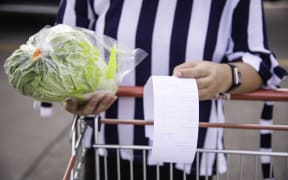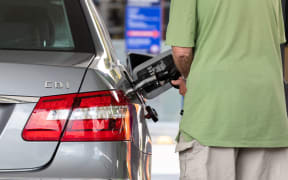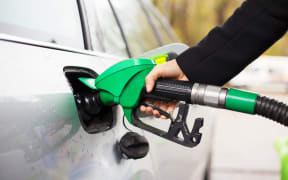The National Party is calling for the regional fuel tax in Auckland to be scrapped to give motorists some relief in the face of skyrocketing prices.
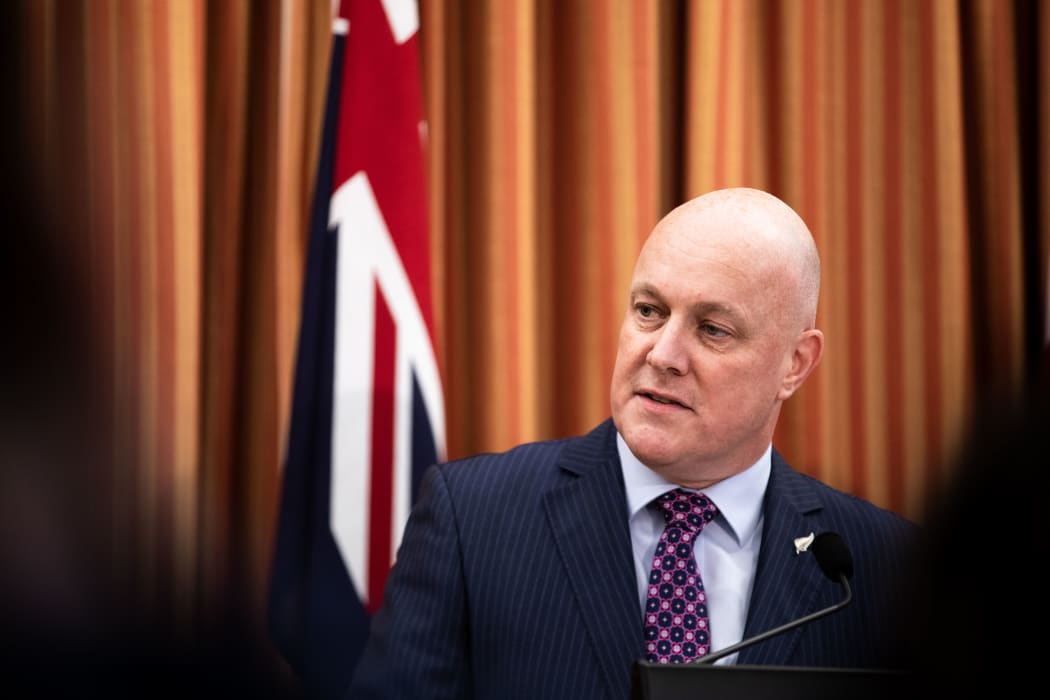
National Party leader Chris Luxon says the government should also rein in its own spending, and consider other measures like congestion pricing. Photo: RNZ / Samuel Rillstone
That imposes an extra 10 cents a litre at the pump - about a further 70 cents per litre across the country also goes to the government as excise tax.
Prime Minister Jacinda Ardern said the prices were being driven up by global conditions, and other than the work done by the Commerce Commission, there was no plan to directly intervene.
"Many other countries are experiencing the same insecurity based on, you know, issues that are outside of any country's control at the moment, particularly the international environment," Ardern said.
"We, of course, continue to monitor the market, do what we can domestically, where in fact it is domestic issues at play, but at the moment very much we're in a global environment where petrol prices, crude prices are on the rise."
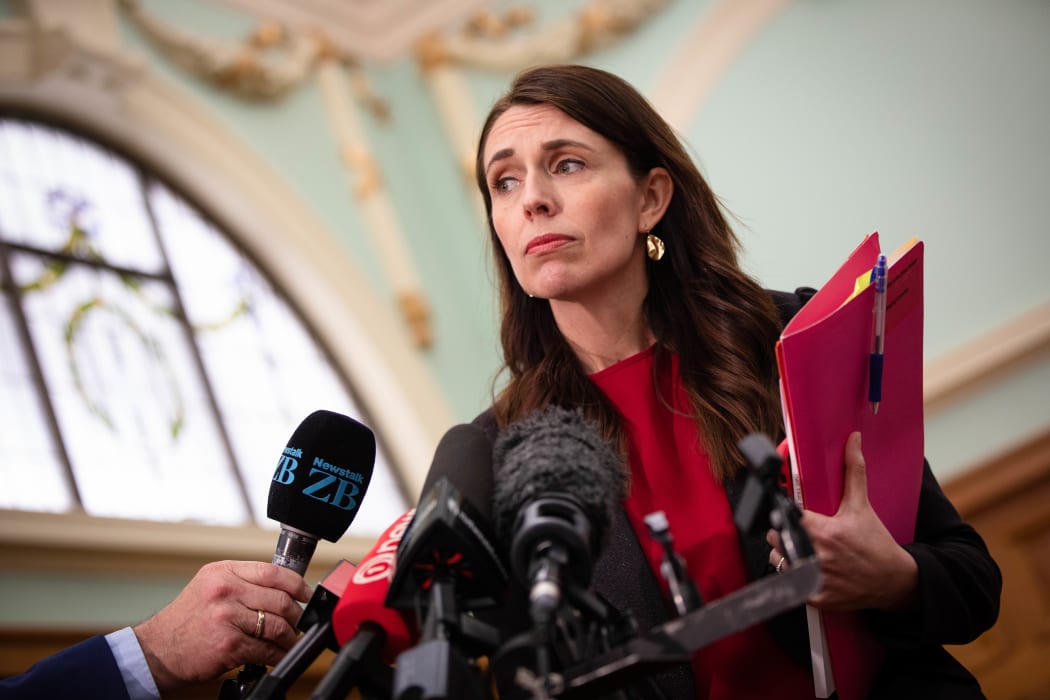
Prime Minister Jacinda Ardern says there is no plan to directly intervene to lower fuel prices. Photo: RNZ / Angus Dreaver
Lowering the excise tax, even temporarily, was not something the government "has given consideration to", Ardern said.
National Party leader Chris Luxon said the first thing to go should be the regional fuel tax.
"There's $500 and something million that's been collected, less than half of it is actually being spent on the projects, the rest of it's just sitting in a bank account," Luxon said.
"They could make that decision tomorrow and do something to control fuel prices."
The government should also rein in its own spending, and consider other measures like congestion pricing, particularly for Auckland, he said.
"We've spoken to a number of different countries and cities around the world where it's worked exceptionally well.
"We're supportive of that; we don't want it to be perceived, we don't want it to be a tax or revenue collection model, it's about making an investment and directing those funds into public transport development."
It was "much better" than a regional fuel tax, he said, which was "pretty regressive, pretty tough".


